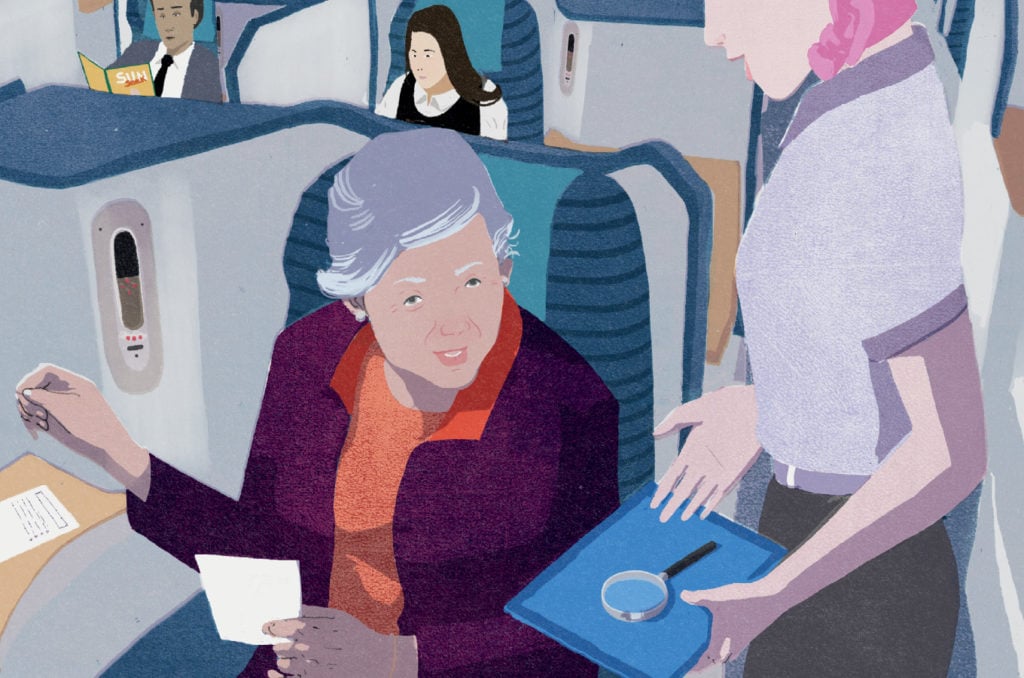Omotenashi: Japanese Airlines’ Secret to Service
Share

APEX Insight: Revered worldwide, Japanese hospitality is underpinned by a little-known cultural practice: omotenashi.
Not every airline challenges its flight attendants to compete in an Omotenashi Professional Masters contest. In fact, there’s only one: All Nippon Airways (ANA). Launched in 2013, the annual competition recognizes flight attendants for exemplary services, embodying Japan’s selfless mode of hospitality – omotenashi. Charming, meticulous and caring, omotenashi practitioners graciously anticipate customers’ needs before they’re expressed.
Winners of ANA’s most recent competition were rewarded for engaging in a fun conversation with a passenger who said he loved airplanes; providing a magnifying glass to an elderly couple reading small text on a customs form; and other generous gestures. The contest is a smart way for ANA to motivate and inspire its frontline staff, and it also serves as good branding for the airline, publicly showcasing a high standard of customer service informed by centuries of tradition. “Enhancing the quality of our services and responding to our customer expectations with the spirit of Japanese-style omotenashi is essential for ANA to continue growth as a full-service carrier,” says Hiroko Kawamoto, member of the airline’s board of directors.
Japan Airlines encourages its flight crew to take initiative and use their imagination when dealing with passengers.
Omotenashi plays a central role in the service standards of Japan Airlines (JAL) as well. “All of us are encouraged to use our initiative and imagination when dealing with passengers,” the airline states on its website. “We put ourselves in their shoes, anticipate their needs and act accordingly.” And expectations are not confined to the cabin’s service team. Flight captains, for example, guide passengers through the ins and outs of in-flight safety, as JAL has found travelers feel more secure hearing this information from those in control of the airplane. Ground crews, too, make sure to wave at embarking passengers, providing guests with a warm send-off.
Both airlines carry the concept forward by adapting it to an evolving customer base. ANA acknowledges a need for a wider range of foreign-language services, and says it can always do better to tackle unpredictable circumstances that test the limits of omotenashi’s apparent effortlessness. With the 2020 Olympic Games in Tokyo on the horizon, Japan’s airlines are working harder than ever to bolster their services, hoping to welcome the world with an omotenashi experience it will never forget.
“Japan’s Secret to Service” was originally published in the October/November issue of APEX Experience magazine.


